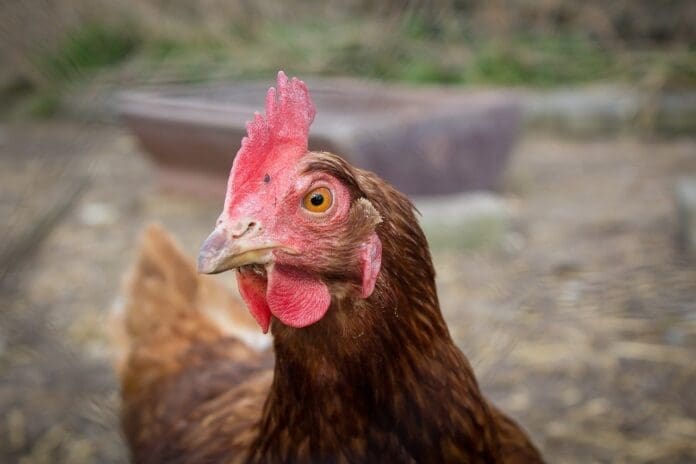I’ve been having a lot of conversations lately about privilege and how quickly it can change people. All of these conversations have been with people who are no longer living in poverty, which was the reason the conversations came up in the first place. The thing about going from living in poverty to not living in poverty is, at least in the conversations I’ve had, that not living there brings instant comfort and relief, which, in turn, we allow ourselves to lean right into.
The other day, I jumped into the shower, forgetting that the washing machine had been running. I turned on the water and went to grab my shower supplies. I’ve taken enough showers to know where the faucets should be, so when I was ready, I stepped right in. Immediately, my body went into flight mode when that water started to hit my skin. I moved to the farthest corner of the shower, short of breath from the shock of liquid ice pellets hitting my skin. I was miserable. And I was even more miserable because I had an appointment and needed to get ready, and a cold shower was the only shower available. So I sucked it up and took a cold shower, hurrying up and not washing my hair so I could get out of there.
That cold shower is like poverty. It’s unforgiving and uncompromising.
Some people have to take cold showers all the time because it isn’t a choice. Just like poverty, it makes people suck it up and deal with it, skimping and cutting corners where they can to get the best and quickest result. Now, imagine a warm or hot shower. When the water temperature is right, I could stand in the shower all day. I find warm showers to be comforting and stress relief. I stay there as long as I can because it feels good. A warm shower is like privilege; you are very aware of how miserable the cold shower makes you and set the expectation of never taking a miserable shower again.
The word “privilege” upsets some people, but I’m not sure what other word to use when we’re talking about a wealth divide as wide as ours. It also applies to a lot of circumstances, such as having a job with benefits or being able to take private lessons to perfect a skill or talent. Privilege, I guess, isn’t what divides the “haves” from the “have nots,” but it’s definitely a by-product.
My friend and I were talking about how our families grew and canned their own food as a way of getting by when we were growing up. Now, because it’s not necessary for our survival, we can choose to do it and label it as a fun activity. We can register and pay for a class and view it as a cool and hip learning experience. We can teach it to our kids as an example of our heritage, a family tradition.
Even raising my chickens is possible because of my privilege.
I can afford the coop and the food, which is something I couldn’t have done not that long ago. And I own my home, which is one of the biggest privileges of all. I don’t have to worry about not being able to take my pets with me should I ever move because I don’t have to worry about a landlord. Having to deal with less people in authority roles is also a place of privilege. When you cut yourself out of the trap of the safety net, you don’t have to answer to a government agency that requires knowing all of your personal financial information, what you own and how much its worth. You aren’t forced to prove yourself worthy of help.
An 85-year-old woman told me the other day that she likes to help the seniors in her neighborhood get to food pantries. She said that she’s lucky because she only has to go once in a while for herself and wondered aloud why. I praised her for the love and kindness she shows others. She said, “I’m living in my own house and have an income that I can survive on and afford my insurance that allows me to afford my medicine. I don’t know what word I’m looking for,” she said. When I replied with “privilege,” she told me no because she “don’t like that word.” So “privilege” unnerves a lot of us, even those of us with poor privilege, for a lot of different reasons.
I don’t think shame should come with the word “privilege” but, rather, how we choose to use it. It’s kind of like a superpower and we have the choice between using it for good or for evil.
Onward,
Amy Jo



I prefer the word “blessed” and I thank God daily for EVERY little thing that I’ve been given. I know where it comes from and as many times as I’ve tried to screw it up, He sets me straight.
My parents grew up in The Great Depression. They realized from a very young age that a good education and a strong work ethic would lift up their lives and give them a nicer life